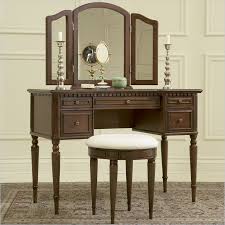中文词源
vanity 自负
来自vain,自负的,虚无的,徒劳的,词源同vainglory.
英语词源
- vanity
-
vanity: see vain
- vanity (n.)
- c. 1200, "that which is vain, futile, or worthless," from Old French vanite "self-conceit; futility; lack of resolve" (12c.), from Latin vanitatem (nominative vanitas) "emptiness, aimlessness; falsity," figuratively "vainglory, foolish pride," from vanus "empty, vain, idle" (see vain). Meaning "self-conceited" in English is attested from mid-14c. Vanity table is attested from 1936. Vanity Fair is from "Pilgrim's Progress" (1678).
权威例句
- 1. Frank Deford is a contributing editor for Vanity Fair magazine.
- 弗兰克·德福特是杂志《名利场》的特约编辑。
- 2. Men who use steroids are motivated by sheer vanity.
- 使用类固醇的男人纯粹是受虚荣心的驱使。
- 3. A man's vanity is actually in proportion to his ignorance.
- 一个人的虚荣心实际上是和他的愚蠢程度成正比.
- 4. The woman is always feeling after vanity.
- 这女人一贯追求虚荣.
- 5. His vanity increased with years.
- 他的虚荣心随着年龄增长而增加.

